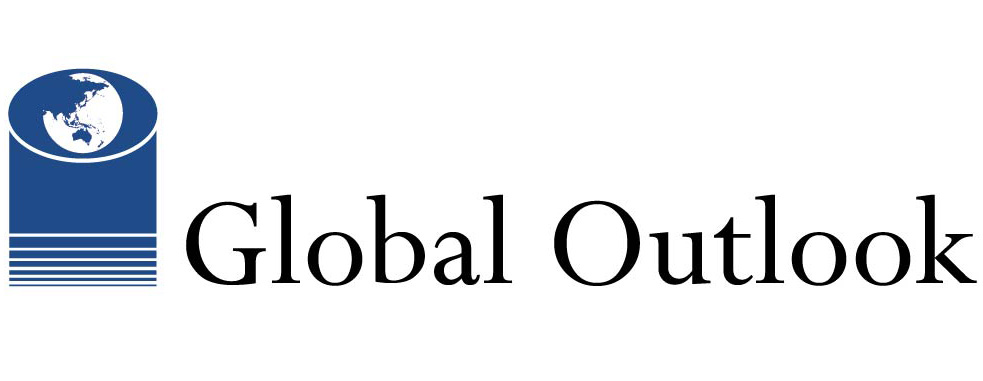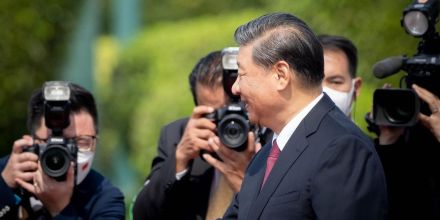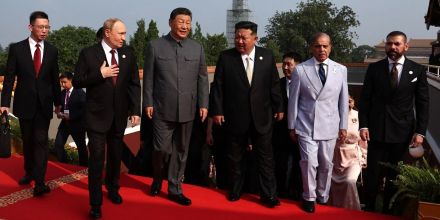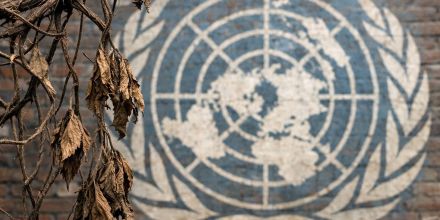
Curated expert opinion on intractable contemporary issues
After Five Years, What Impact Has the Nuclear Ban Treaty Had on the World?
By Susi Snyder | 22 January, 2026
After five years, the TPNW is now signed, ratified, or acceded to by the majority of countries eligible to do so, demonstrating a global majority in favor of the most comprehensive nuclear weapons prohibition ever negotiated.
Commercialising Peace: A Strategic Risk
By Jordan Ryan | 20 January, 2026
The Trump administration’s reported proposal for a new international “Board of Peace” is presented, at least in concept, as a corrective to what its proponents describe as the failures of existing multilateral diplomacy.
Look to China
By Stein Tønnesson | 19 January, 2026
China stands out for its commitment to a global system of independent sovereign states and the non-intervention principle. China’s worldview is not so much based on individual rights as on the sovereign rights of nations.
North Korea Searches for a Path Out of International Isolation
By Chung-in Moon | 16 January, 2026
North Korea enters 2026 with domestic stability intact but facing a complex external environment. Inter-Korean relations remain frozen under Pyongyang’s ‘hostile two states’ policy, even as restraint reduces the risk of major escalation
The UN’s Withering Vine: A US Retreat from Global Governance
By Jordan Ryan | 10 January, 2026
The Trump administration’s recent announcement of its withdrawal from 66 international organisations has been met with a mixture of alarm and applause. While the headline number suggests a dramatic retreat from the world stage, a closer look reveals a more nuanced, and perhaps more insidious, strategy.
Crisis in Venezuela: Three Scenarios
By Robert Kaufman | 09 January, 2026
The US' military intervention in Venezuela has opened the way to a prolonged and costly commitment, with potentially very high impact on US treasure, on political stability in Venezuela, and on the lives and security of people throughout the region.
The views and opinions expressed in Global Outlook are those of the authors and do not necessarily reflect the official policy or position of Toda Peace Institute.





